
“Who exactly am I?”
How many times have you thought to yourself, “Is this really me? Or am I just pretending to me?”
How many times have you pondered why you were here on this planet?
How often have you questioned your existence?
While reflecting on yourself, you must have stumbled on this question countless times.
And the question itself begs the question: will I ever know who I am? Why should I care about who I am? Will there ever be a workable answer for me?
When these issues overwhelm me, I remember this line by Indian guru Ramana Maharshi:
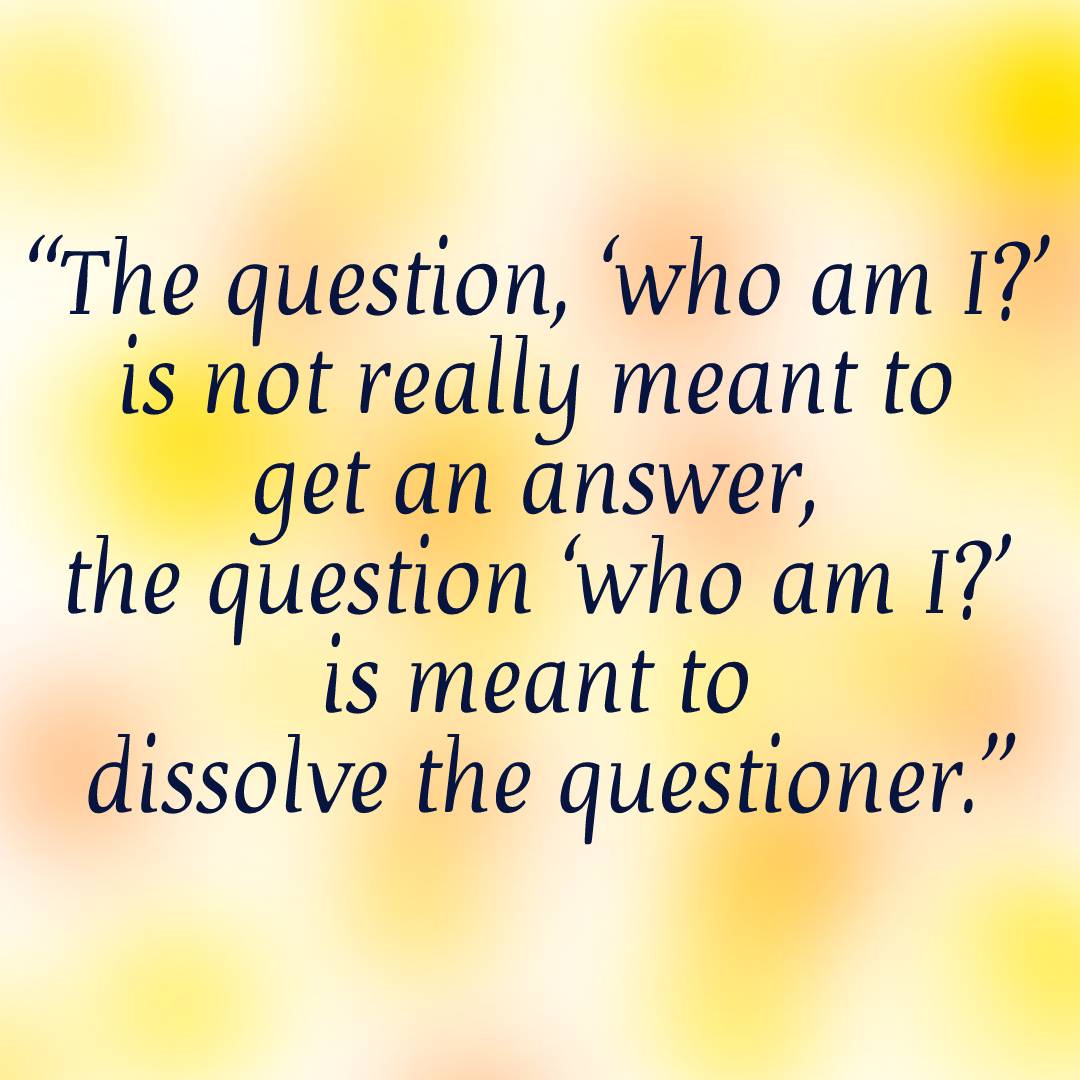
Whoa. Remove the questioner. What exactly does that mean?
How might dissolving my identity aid me in determining who I am?
Let’s see if we can work it out.
What is my identity = Who am I?
Our identity is the “answer” to the question “who am I?”
Our identity is a comprehensive system of memories, experiences, feelings, ideas, connections, and beliefs that form who we are as individuals.
It’s the stuff that goes into creating a “self.”
Identity is an important part of knowing who we are. Why? Because we can breakdown identity into its individual components: the values, experiences, and relationships
We can recognize and comprehend their components. Then, after we’ve grasped the components of our identity, we can gain a bird’s-eye view of who we indeed are.
In a nutshell, we are far more than a single thing. We are a whole matrix of ideas and experiences.
Why do we need “Identity”?
“Who am I?” addresses one of our most fundamental needs: the need for identity.
As living organisms, we seek and find solace in a strong element of ourselves. It brings us back to earth. It instills confidence in us. And our sense of identity influences everything in our life, from the decisions we make to the ideals we uphold.
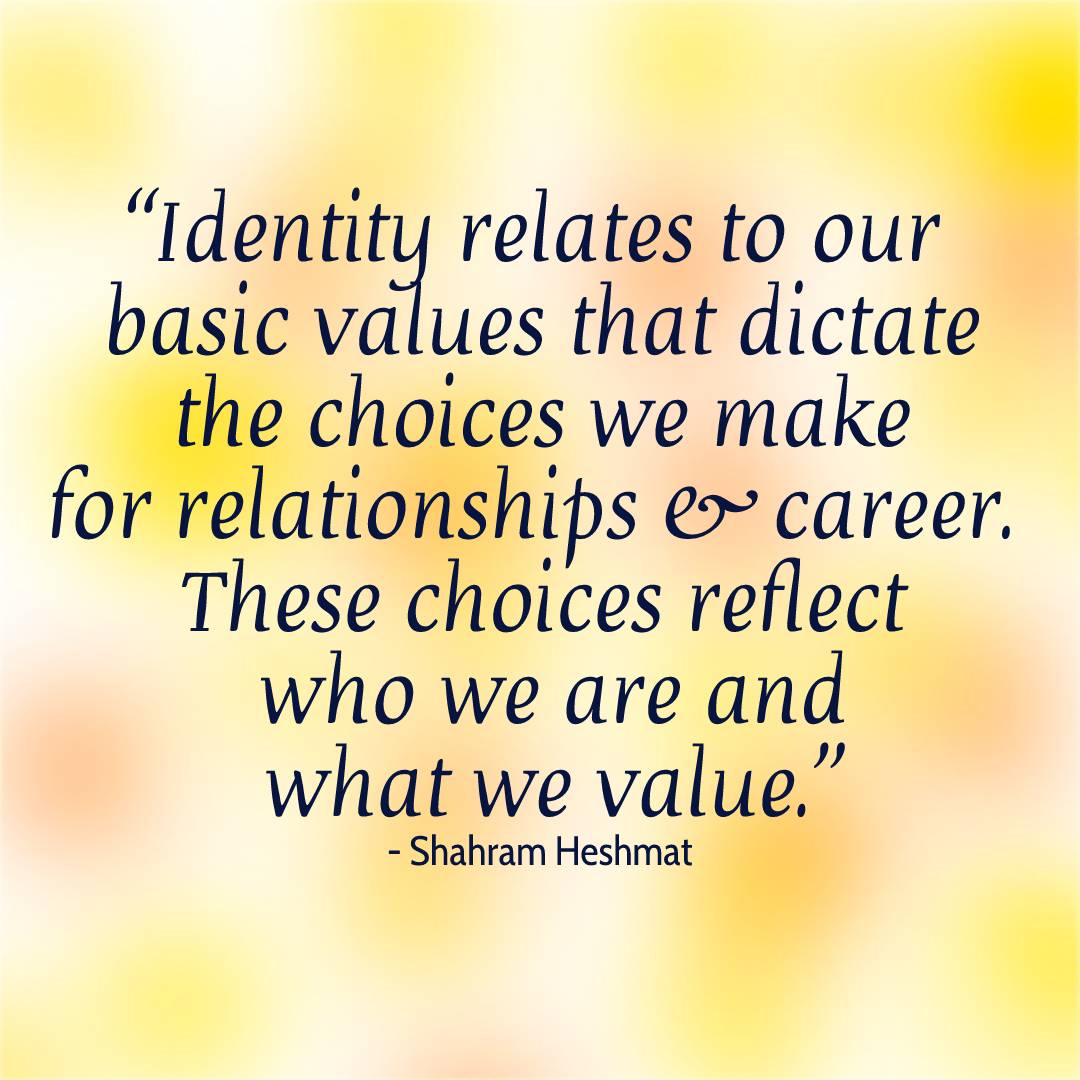
Wow. Our identities serve as representations of the values and beliefs we have. Our identity is a reflection of our thoughts, actions, and values.
However, external circumstances might risk our sense of self. The bitter truth is that much of our identity was imposed on us. We are extremely stressed as a result of our inorganic identity.
Why?
Because we know “that identity” is a lie. It is something that is expected of us.
The issue is that we don’t know what our “organic” identity is.
That is why we wonder, “Who am I?”
The Roles that We Play
We each have numerous identities — sons, daughters, parents, and friends, to make matters worse.
We divide and compartmentalize our identities into “roles.” And we play these “roles” in various situations.
When we play these roles, we absorb them as if they were our own identities.
We’re all actors playing a variety of parts. The trouble is that we’ve duped ourselves into thinking these roles are genuine.
This struggle, along with the desire to rediscover our real selves, is at the root of much of our misery. This is referred to as an “identity struggle.”
Struggling to figure out who we are may have serious consequences. That is why it is critical to answer the question, “Who am I?” Because the alternative is “depression and a sense of meaninglessness.”
On the plus side, those who have found their genuine self have been demonstrated to be considerably happier and more fulfilled. This is due to their ability to “live a life according to their beliefs while pursuing significant goals.”
But how can you discover who you truly are?
How can you distinguish your actual identity from the one you were given by your family and what society shaped?
How Can I Discover “Who I Am?”
How can I discover “who I am?”
Figuring out who you are is essential. When you are certain of who you are, your life becomes more meaningful, happy, and purposeful.
I uncovered five important actions you may take to assist in answering the question “who am I?”
These stages are supported by professionals and will assist you in solidifying your identity so that you may live a life full of meaning.
Here are five approaches to answering the question, “Who am I?”
1. Reflect
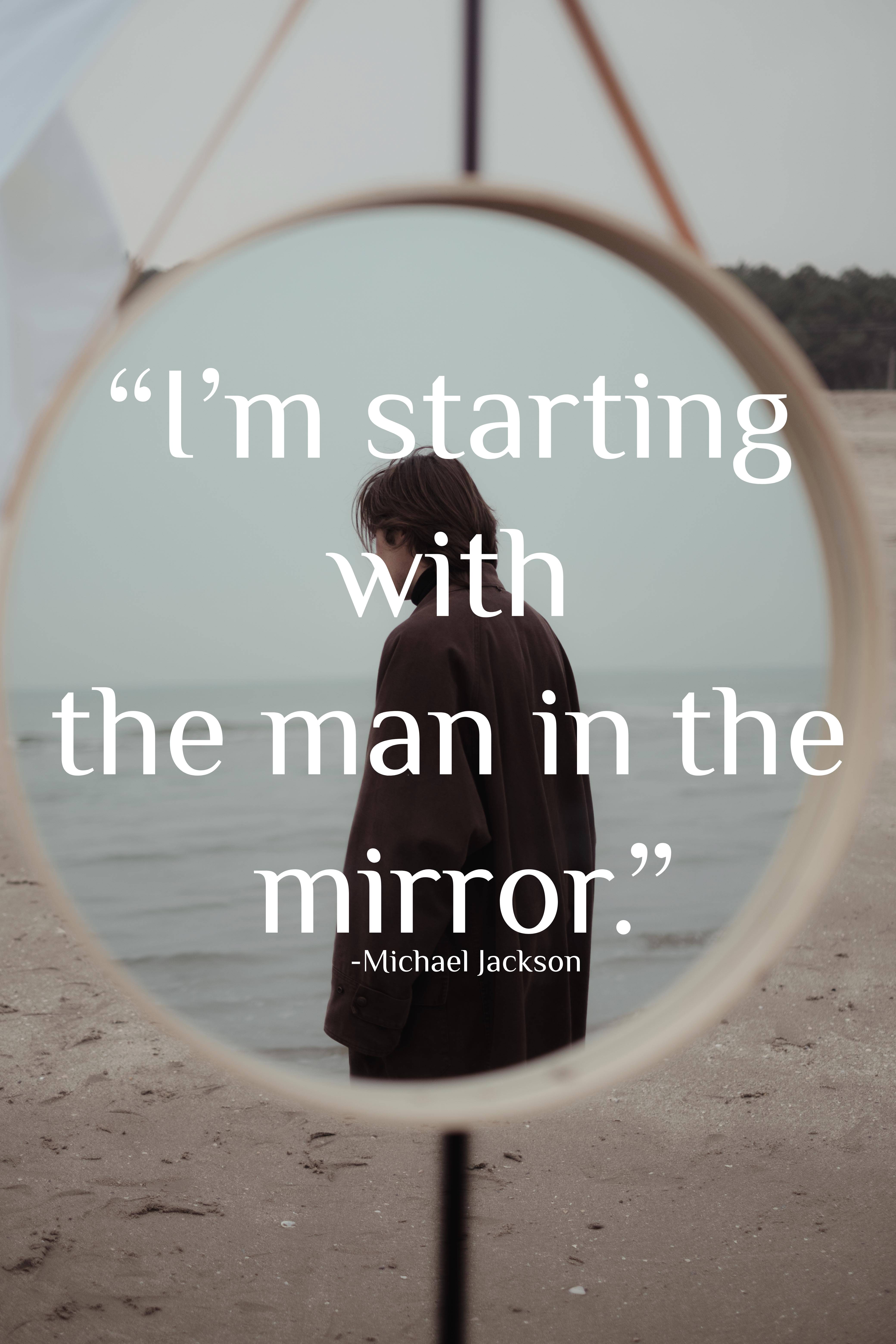
And this is sound advice. When you are engaged in self-discovery, you must reflect on yourself.
This means you must examine yourself — for all of your strengths, flaws, and impressions you give others.
You must engage critically with the reflection you present.
You must act as your own inspector. You must consider yourself as a whole and dig deep to find your foundation.
Consider who you are right now. What are your strong points? What are your flaws?
Do you like the person you see when you look in the mirror?
Do you believe that “who you are” does not correspond to “who you see?”
How do you feel about that?
Determine which aspects of your life you are dissatisfied with. Examine what you believe could be improved – mentally, emotionally, and physically.
Don’t go slapping band-aids all over the problems. This is not a step for quick fixes. It’s not even about making any changes.
Instead, it’s about sitting with yourself — ups and downs — and figuring out where you’re at.
2) Decide who you want to be.
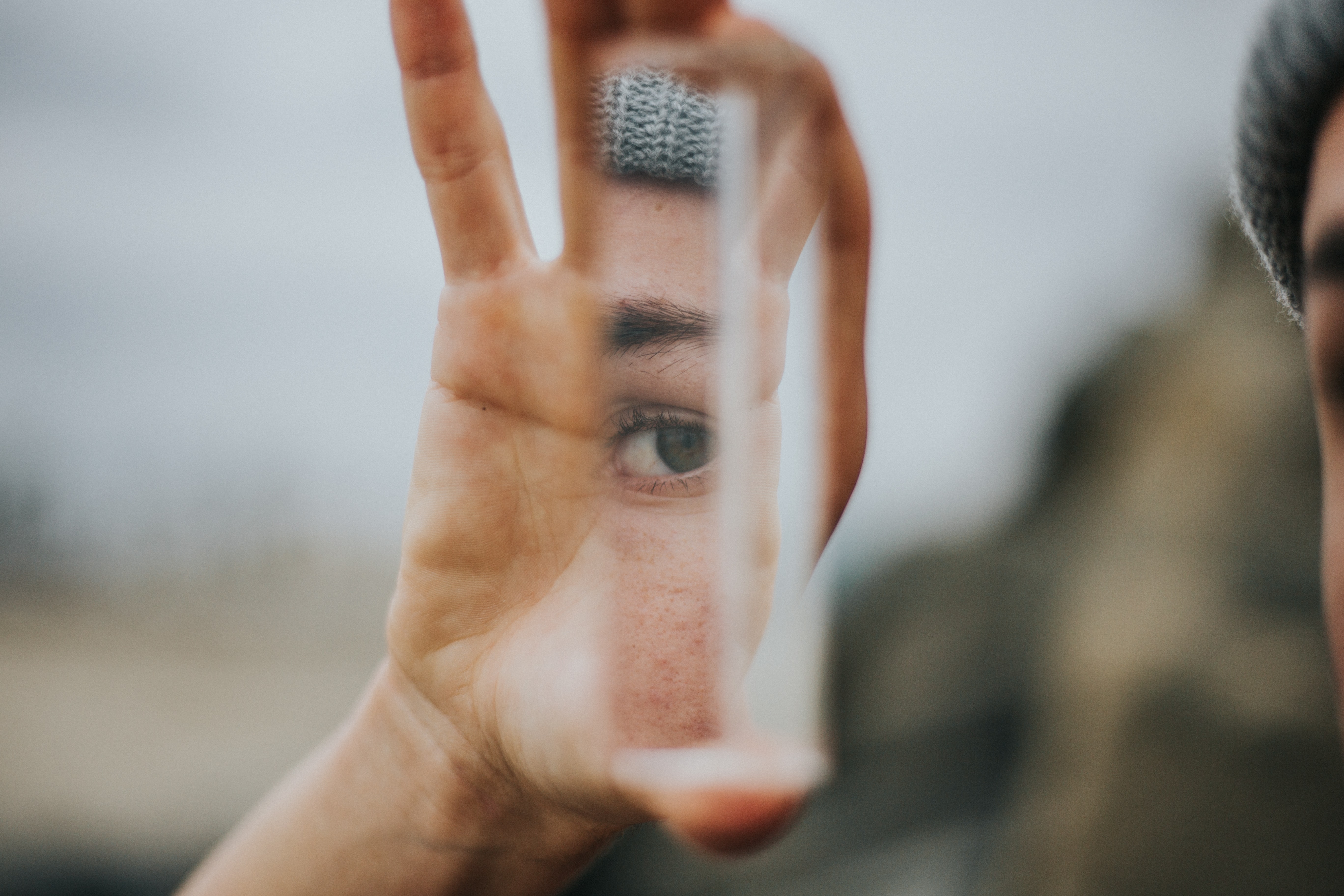
There isn’t an existing thing as a perfect person. There is no such thing as a perfect individual. You must accept the fact that you will never be perfect.
However, on your journey to self-discovery, you should accept that there are things you want to improve.
And there is always room for improvement!
So, for step two, you must determine who you want to become.
And be truthful with yourself about what’s possible. We’re not looking to be Superman.
3) Make better decisions… for yourself.
The reality is that most of us are programmed to make decisions based on fear. We instinctively make an easy choice because we are anxious, want to please, or don’t want to effort.
These options only serve to maintain the status quo.
And if you’re unhappy with who you are, none of these options will help you with your current situation.
Those are, therefore, the wrong options.
However, you can make better choices for yourself. You can create “active decisions.”
You may take the time to make active, deliberate decisions that help you be better once you know what you want and who you want to be.
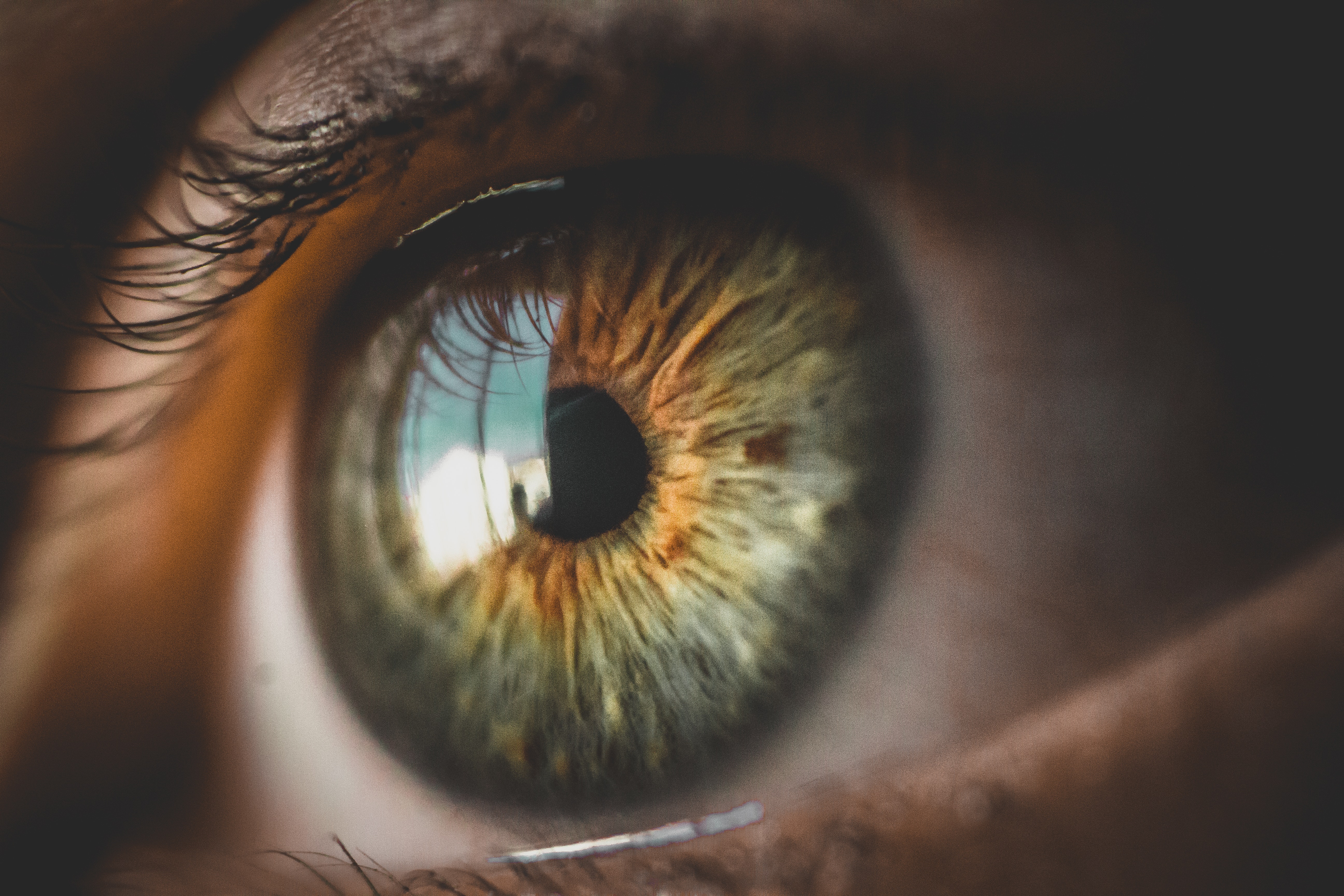
Let’s assume your ideal version of yourself is a marathon runner. That active choice entails getting up from the couch, lacing up those shoes, and hitting the pavement.
Maybe you wish to go back to school and get your bachelor’s degree. That includes deciding to fill out applications, get recommendation letters, and study.
When you make consistent decisions with your beliefs and desires, you will begin to feel empowered to discover your actual identity.
4) Pursue Your Interests
One of the most enjoyable aspects of figuring out the answer to the question “who am I?” is uncovering aspects of yourself that you were previously unaware of.
Sure, you’ve found out who you “want to be,” and you’ve done a fantastic job “looking in the mirror,” but there will always be aspects of yourself that are kept away.
It is your responsibility to find them.
Exploring your interests is one of the most acceptable methods to help you discover yourself.
You boost creative energy when you engage in activities that you are enthusiastic about. If you enjoy sewing, get out there and sew! The more you sew, the more you’ll perceive yourself as a “sewer,” perhaps a master of your art. This investigation will provide you with confidence and competence, which will assist in rooting your sense of yourself positively.
But what if I have no clue of what I’m passionate about?
When society’s expectations shape your identity, it’s normal to be unsure of what you’re genuinely enthusiastic about. That’s fine!
But don’t go looking for it if you haven’t already. Instead, work on it.
“What? How can I create something if I don’t even have it?”
Don’t panic if you don’t know what your passion is. It isn’t like it’s “the one,” and if you don’t discover it, you’ll miss out on the rest of your life. Instead, try your hand at activities and tasks that are now available to you.
Isn’t the backyard a touch weedy? Mulch the gardens and put some flowers. Perhaps you’ll discover you have a passion for gardening.
Perhaps you won’t. But that’s OK. It’s all about discovery. You must investigate your options for advancement.
Developing a development mindset is an integral part of discovering your passions. You’ll find out who you are along the road.
5) Expand your social circle
Humans are, by nature, sociable beings. Friends and family shape so much of our identity.
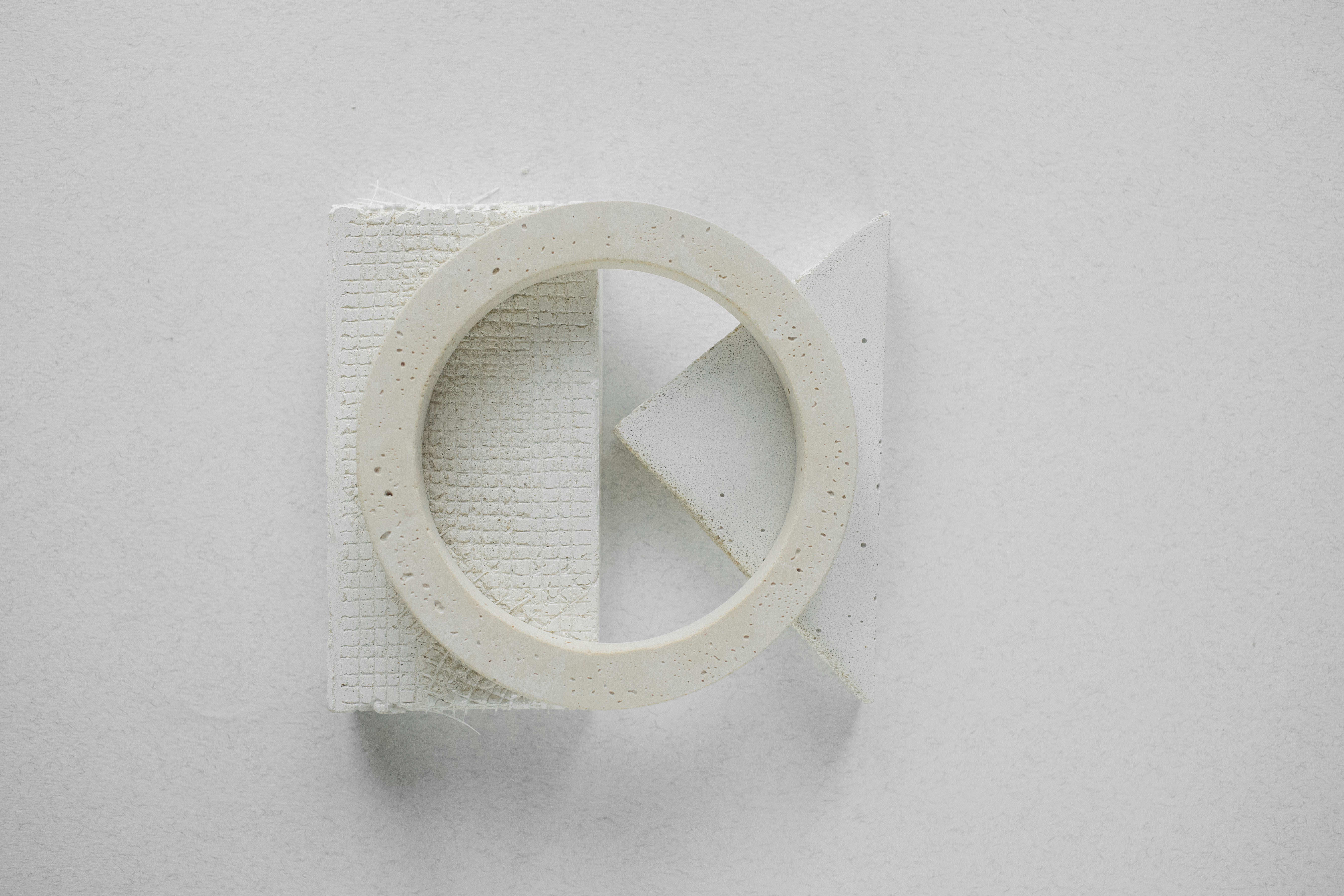
When you’re trying to discover “who you really are,” you’ll need to build your social network actively.
This entails choosing who you want to spend your time with. It includes deciding who to let in and who to let go.
It is critical that you locate people who share your ideals and identity.
They often say that you can tell a lot about a man by the company he keeps.
This is absolutely correct. You can assess yourself based on the individuals you associate with.
Consider your friend circle if you want to grow as a person. Are they propelling you ahead or restraining you?
Your identity is a work in progress.
Finding out who you are is a complex process.
It’s definitely one of the most difficult challenges you’ll ever face.
Putting pressure on oneself to figure it out right away is one of the worst things you can do (during this phase).
Discovering your identity is a process, not a destination.
When we rush to the finish line, we lose sight of the importance of the growing process.
Identity is not a fixed concept. What’s the point? We are continuously developing and evolving. Our bodies contain trillions of cells that constantly live and die.
We have a lot of energy! Our identities, too, must be dynamic!
When you accept that your identity is fluid, you relieve yourself of the burden of determining exactly who you are. Relax! You are who you are. You are aware of what you value, what you like, and who you aspire to be. You’ve mastered the fundamentals! It’s fine if those alter. Retrace your steps back to step one.
Don’t be frightened of your development and growth!

